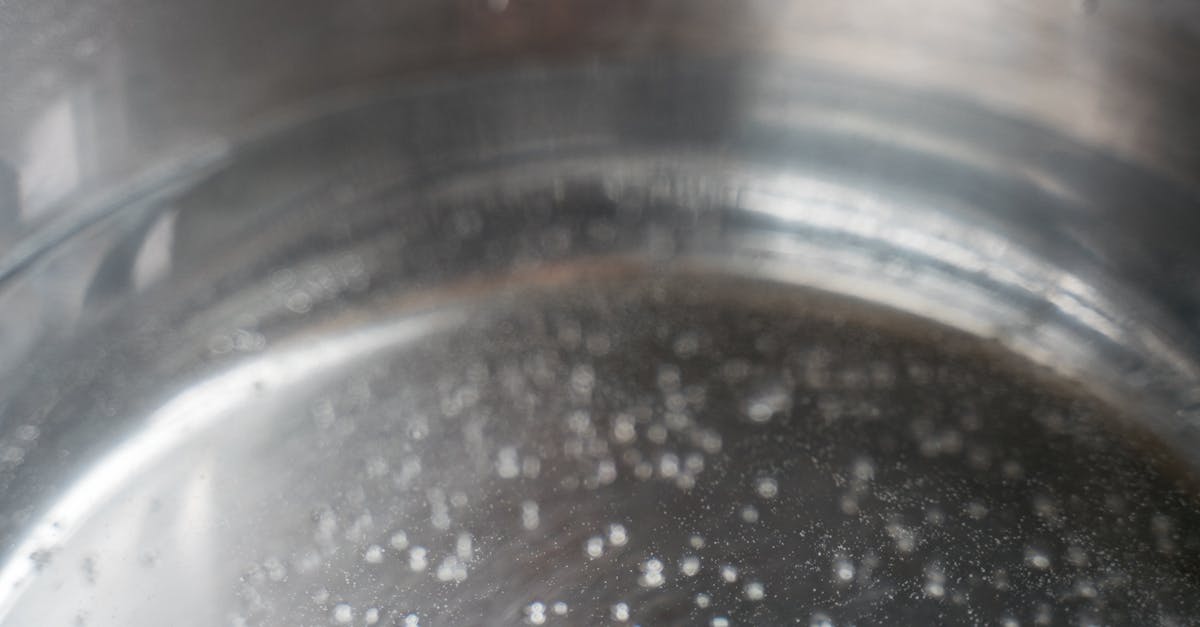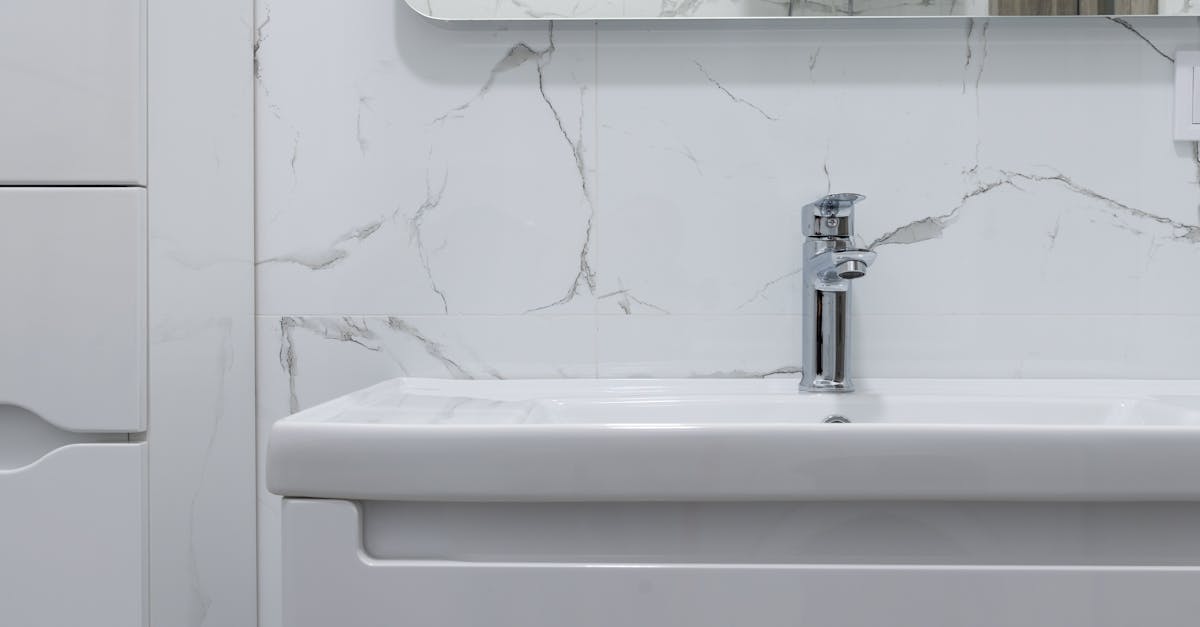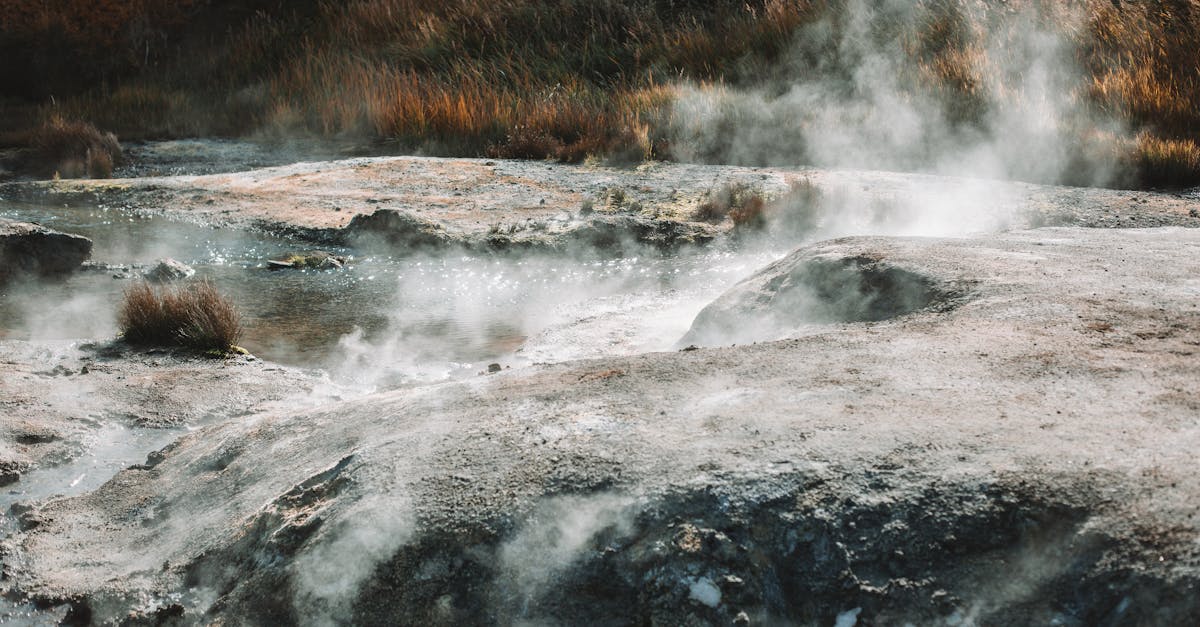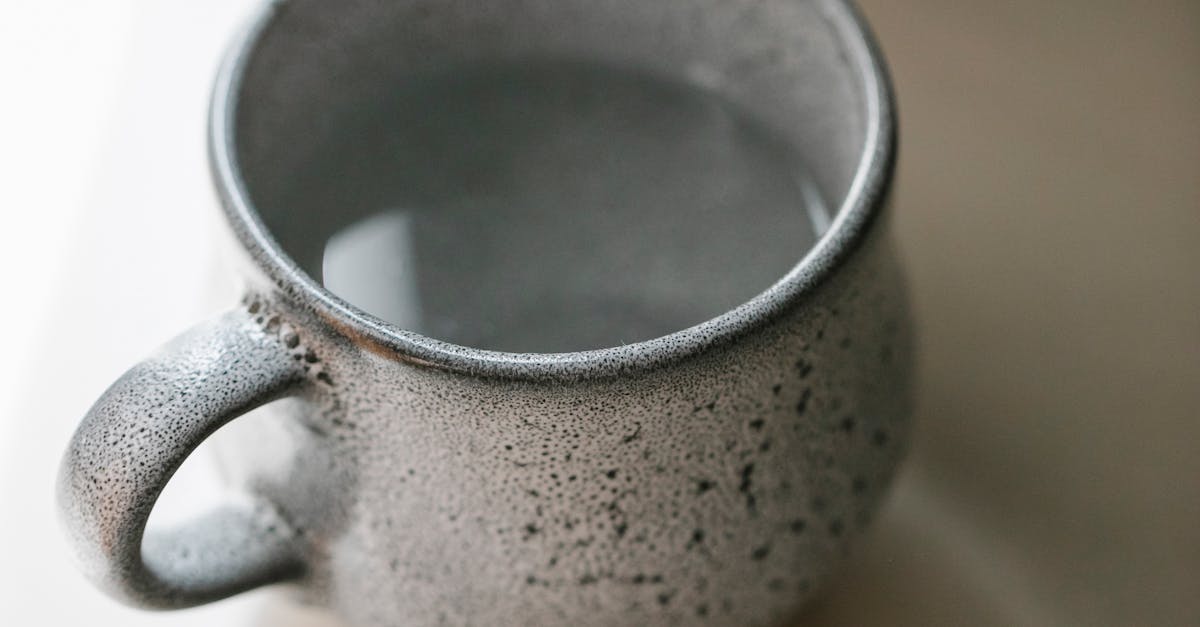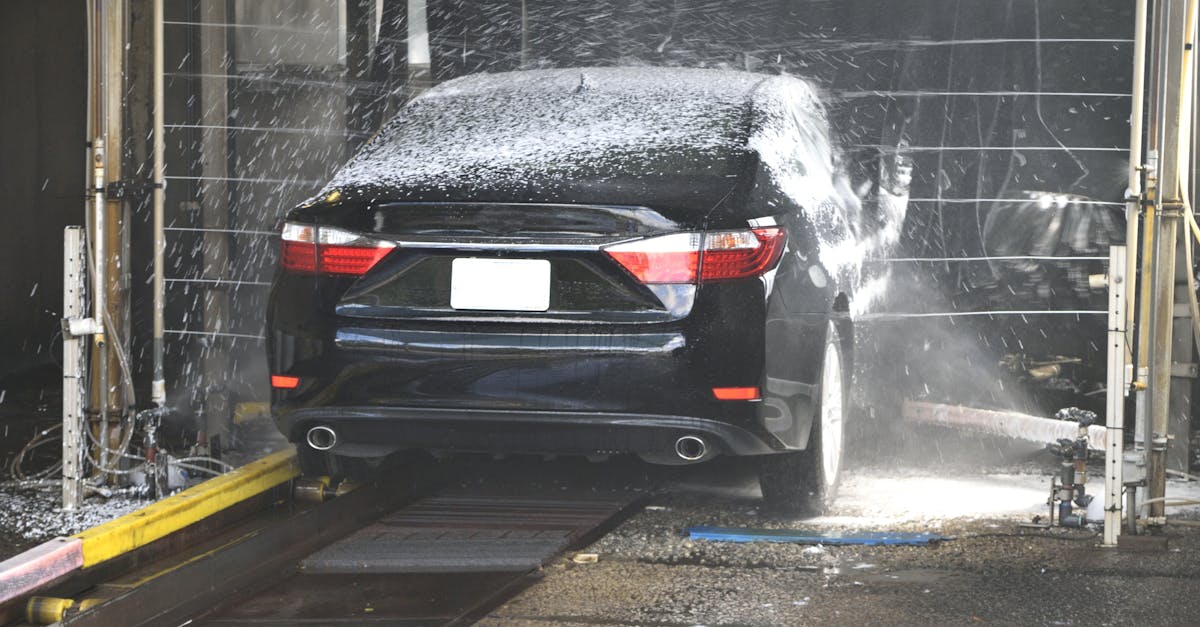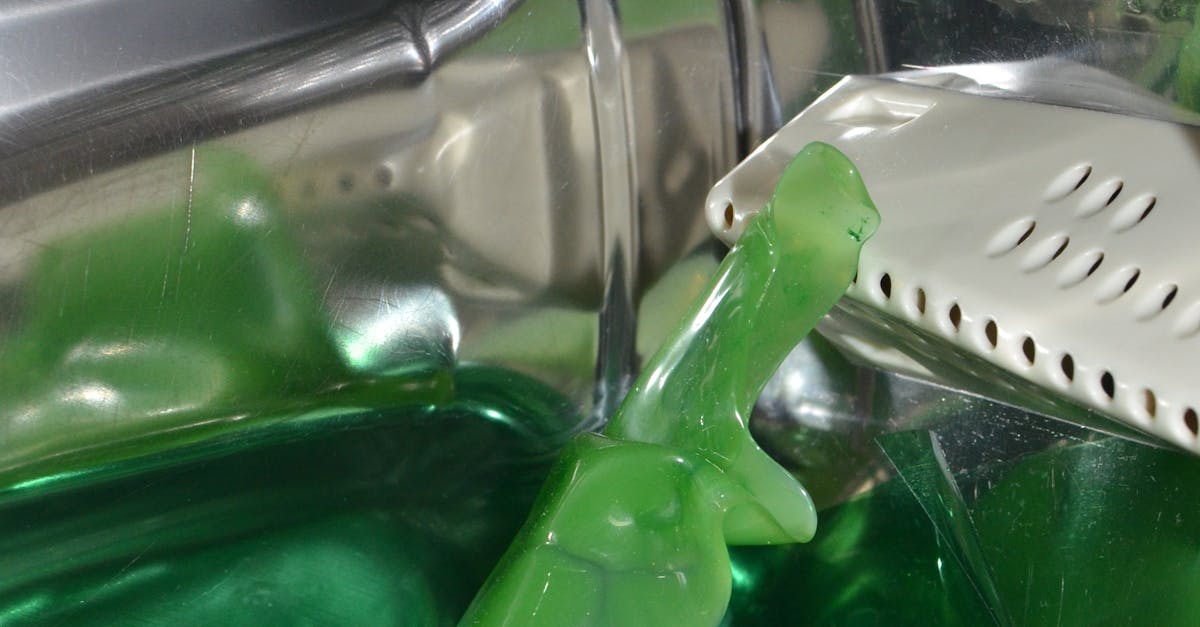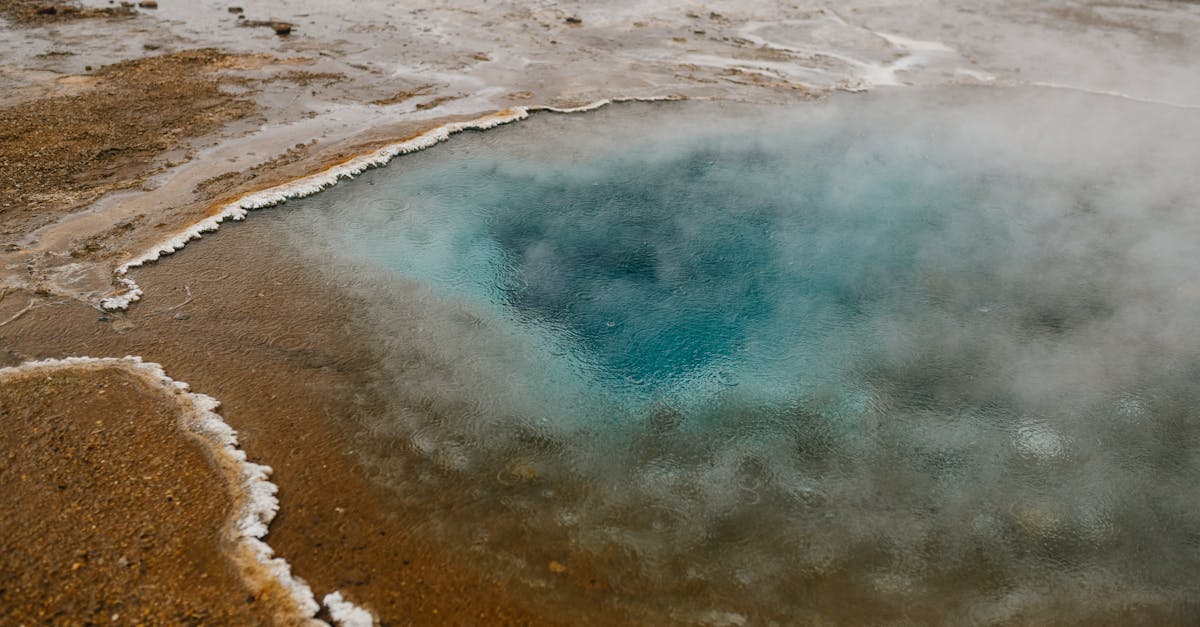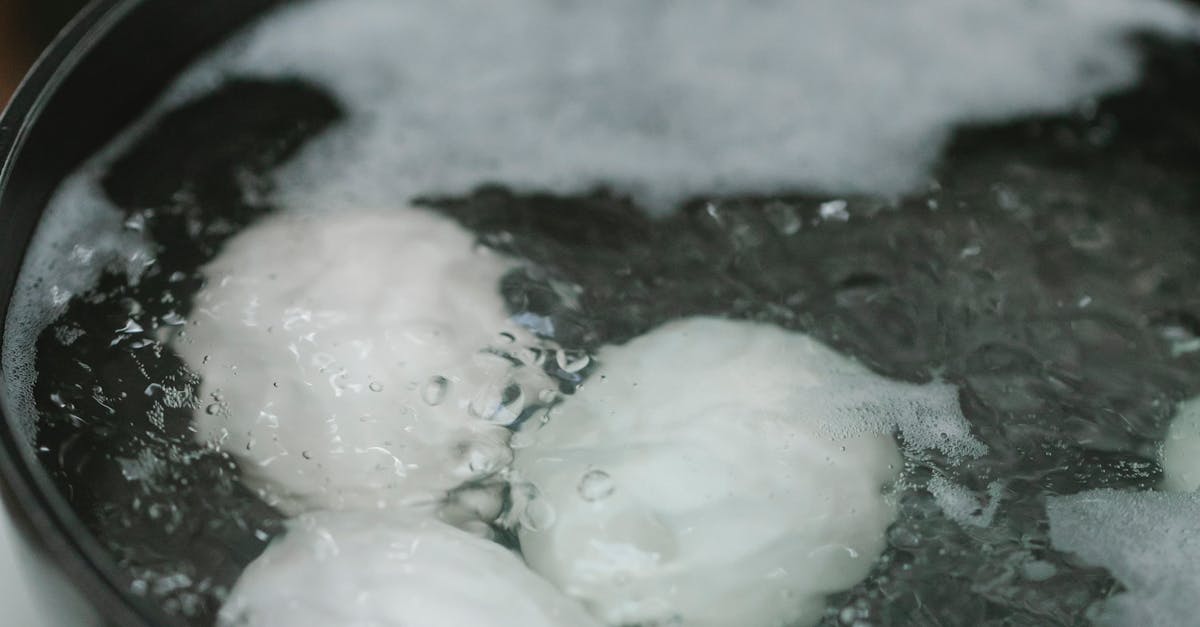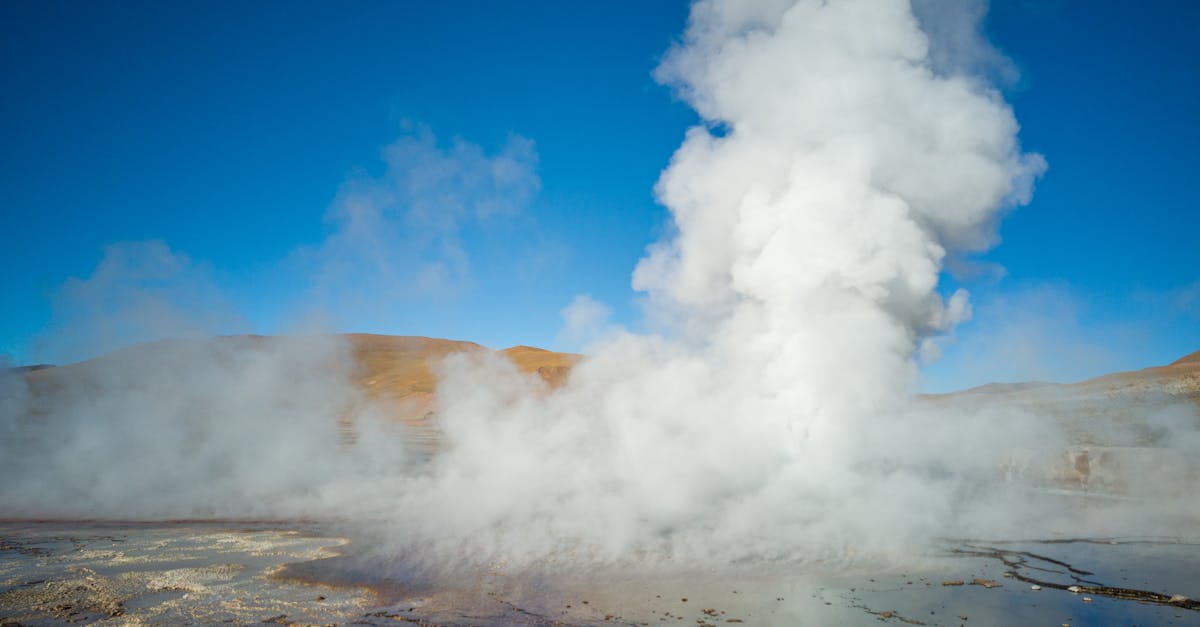
Table Of Contents
Flushing the Water Heater
Flushing the water heater is an essential process that helps maintain its performance and prolong its lifespan. Over time, sediment and mineral buildup can accumulate inside the tank, leading to decreased efficiency and potential damage. Regular hot water system cleaning prevents these issues, ensuring the heater operates smoothly and effectively. While the frequency of flushing may vary based on water quality, many experts recommend performing this maintenance task at least once a year.
To effectively flush a water heater, start by turning off the power supply and the cold water inlet. Attach a garden hose to the drain valve at the bottom of the tank, directing the other end to a nearby floor drain or outside. Open the drain valve to allow the water to flow out while simultaneously opening the pressure relief valve to expedite the process. This hot water system cleaning method not only removes accumulated sediment but also refreshes the quality of the water available for use throughout your home.
The Flushing Process Explained
Flushing a water heater is a straightforward process that ensures the system operates efficiently. Begin by turning off the power supply to the water heater, especially if it’s electric, or setting the thermostat to the lowest setting if it’s gas. Next, you’ll want to connect a garden hose to the drain valve at the bottom of the tank and run the other end to a suitable drainage area. Opening the valve will allow the water inside to flow out, carrying with it any accumulated sediment or mineral buildup.
While the tank is draining, it can be an ideal time to inspect the anode rod if your water heater has one. This rod, which helps prevent corrosion, may need replacement if it appears significantly corroded. Once the tank is emptied, turn on the cold water supply to the tank while keeping the drain valve open. This will help flush out any remaining sediment. After a few moments, close the drain valve, remove the hose, and then restore the power or adjust the thermostat. This Hot Water System Cleaning not only improves performance but also extends the life of the appliance.
Dealing with Hard Water and Mineral Buildup
Hard water can lead to significant mineral buildup within water heaters, negatively impacting performance and efficiency. Calcium and magnesium deposits accumulate over time and can reduce the available space for water, hindering heating capabilities and potentially damaging components. Regular maintenance becomes essential to mitigate these issues. A proactive approach, such as incorporating Hot Water System Cleaning, can effectively remove these deposits and keep your appliance functioning optimally.
Various solutions exist to address hard water problems. Many homeowners choose to use descaling agents specifically formulated to dissolve mineral buildup. Another option includes installing a water softener that treats incoming water before it even enters the heater. Both methods can significantly enhance the lifespan of the water heater and improve overall water quality throughout the home by preventing excessive scaling and ensuring smoother operation.
Solutions for Hard Water Issues
Dealing with hard water issues can be a challenge, but several solutions can help mitigate its effects on your water heater. Consider installing a water softening system. These systems replace calcium and magnesium ions in the water with softer sodium ions, greatly reducing mineral buildup. Regular use of a water softener can keep your hot water system running smoothly and prolong its lifespan.
Another effective strategy involves periodic hot water system cleaning. This process can include the use of vinegar or specialized descaling solutions. These substances dissolve mineral deposits within the tank and plumbing, restoring efficiency and preventing future buildup. Regular cleaning can also enhance the overall performance of the water heater, ensuring that it provides consistent hot water for your home.
Benefits of Regular Water Heater Maintenance
Regular maintenance of a water heater provides several advantages that extend the lifespan of the unit. A well-maintained system is less likely to suffer from breakdowns and costly repairs. This proactive approach can save homeowners significant expenses over time. Regular maintenance also ensures that the water heater operates efficiently, reducing energy consumption and lowering utility bills.
One important aspect of maintenance is Hot Water System Cleaning, which helps prevent the buildup of sediment and minerals. This buildup can hinder performance and efficiency, making it essential to keep the tank clean. Addressing these issues not only improves the quality of hot water but also contributes to a safer and more reliable appliance in the long run. Regular attention to the water heater can ultimately lead to a more satisfactory experience for users.
Improved Efficiency and Longevity
Regular maintenance of your water heater through Hot Water System Cleaning can lead to significant improvements in efficiency. Removing sediment buildup allows the heater to operate more effectively, reducing energy consumption. This not only leads to lower utility bills but also helps the heater provide hot water more quickly. Homeowners may find that their hot water demands are met more reliably after a thorough cleaning.
In addition to efficiency gains, regular cleaning can extend the lifespan of the water heater. Sediment can cause corrosion and other issues that shorten the unit's life. By investing time in routine cleaning, you can avoid costly repairs and replacements down the line. This proactive approach helps to ensure that your system remains in good working condition, ultimately saving you money and reducing hassle.
FAQS
How often should I flush my water heater?
It is generally recommended to flush your water heater at least once a year to remove sediment buildup and maintain its efficiency.
What tools do I need to flush my water heater?
To flush your water heater, you will typically need a garden hose, a bucket, and a flathead screwdriver. Additionally, a hose clamp may be useful for securing the hose.
Can I clean my water heater if I'm not a professional?
Yes, you can clean your water heater yourself by following the proper flushing procedure. However, if you're unsure or uncomfortable, it’s best to consult a professional.
What are the signs that my water heater needs flushing?
Signs that your water heater may need flushing include discolored or foul-smelling water, rumbling noises when the heater is in use, and decreased hot water supply.
How does hard water affect my water heater?
Hard water can lead to mineral buildup, which can reduce the efficiency and lifespan of your water heater. Regular maintenance and flushing can help mitigate these issues.

